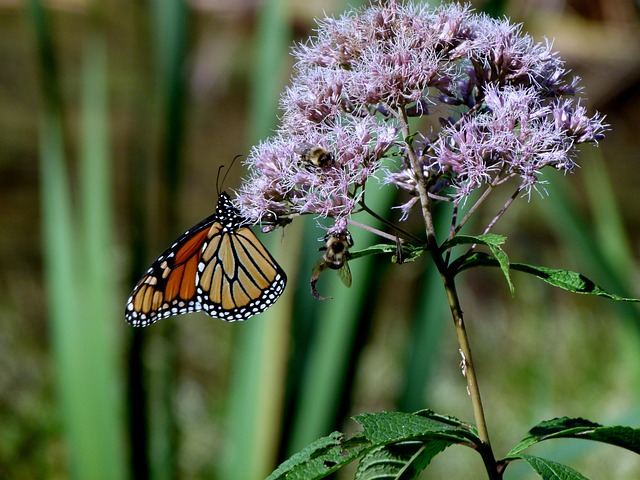2023 marked a significant year for THCA get IndaCloud products (tetrahydrocannabinolic acid) in Maryland, where it gained recognition as a legal medical cannabinoid under specific conditions. The state’s progressive stance allows residents to explore the potential health benefits of THCA, a non-psychoactive compound found in raw cannabis that has shown promise in areas such as pain management, anti-inflammation, and neuroprotection without causing a psychoactive ‘high.’ Maryland’s supportive regulatory framework under the Maryland Medical Cannabis Commission facilitates both consumer access to THCA-rich products and research into its therapeutic properties. With its legal status established, residents can now incorporate THCA into their wellness routines with a doctor’s recommendation. The state’s clear guidelines on THCA legality enable informed choices for those seeking alternatives to traditional cannabis treatments. It is crucial for consumers to consult healthcare providers when considering THCA as part of their health regimen, ensuring its use aligns with medical advice and complements their wellness strategy effectively.
Discover the transformative potential of THCA flower, a cannabinoid gaining recognition for its myriad wellness benefits and legal status in Maryland. This article delves into the rising popularity of THCA, exploring its distinct effects and how it differs from Delta-9 THC. We’ll navigate the evolving legal landscape surrounding THCA in Maryland, offering insights into its therapeutic properties and the importance of cultivation practices for maintaining its purity. Additionally, we’ll guide you through safe dosage and consumption methods, the entourage effect, and how to responsibly integrate THCA flower into your wellness routine within the state’s legal framework. Join us as we unravel the science behind this promising compound and its potential impact on health and well-being, all while adhering to Maryland’s regulations.
- THCA Flower: An Overview of Its Rising Popularity in Maryland
- Understanding THCA: Potential Benefits and Effects
- The Legal Landscape of THCA in Maryland
- THCA vs. Delta-9 THC: What Sets Them Apart?
- How THCA Flower May Influence Wellness
THCA Flower: An Overview of Its Rising Popularity in Maryland
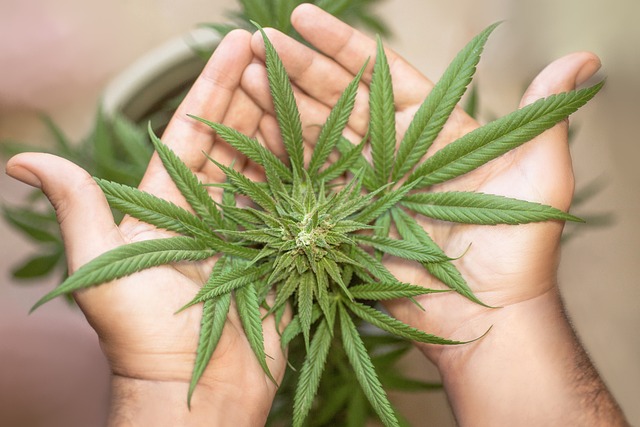
The THCA flower, rich in tetrahydrocannabinolic acid (THCA), has garnered significant attention within Maryland’s evolving cannabis landscape. As of recent legislation, THCA-rich hemp products have become legally accessible to residents, marking a new chapter for wellness enthusiasts and consumers seeking the potential benefits of cannabinoids. The rise in popularity of THCA flowers can be attributed to their non-psychoactive nature while offering a range of health and wellness properties that are distinct from its psychoactive counterpart, Delta-9-THC. These flowers are celebrated for their ability to provide relief without the intoxicating effects typically associated with cannabis use, aligning with the needs and preferences of a diverse consumer base in Maryland.
The emergence of THCA flowers as a legal alternative within the state has sparked a burgeoning market for hemp-derived products. Maryland’s favorable regulatory environment has facilitated the growth of local and regional businesses specializing in high-quality THCA flower products, ensuring that consumers have access to safe, lab-tested offerings. The interest in THCA is not merely a fleeting trend but reflects a broader shift towards holistic health practices and an understanding of the therapeutic potential of cannabinoids. As awareness and education continue to spread, the demand for THCA flowers is likely to persist, cementing their place as a significant player in Maryland’s wellness industry.
Understanding THCA: Potential Benefits and Effects

cannabinoid tetrahydrocannabinolic acid, commonly known as THCA, is a non-psychoactive precursor to Delta-9-THC found in raw or uncured cannabis flowers. As interest in the potential therapeutic properties of cannabinoids grows, THCA has garnered attention for its array of benefits and effects that are being explored both scientifically and anecdotally. Preliminary research suggests that THCA may offer anti-inflammatory, neuroprotective, and analgesic properties without the psychoactive ‘high’ associated with THC. This makes THCA a subject of interest for individuals seeking the therapeutic benefits of cannabis without impairment.
In the context of legal considerations, it’s notable that the status of THCA varies by jurisdiction. As of the knowledge cutoff date, THCA is legal in Maryland under certain conditions. The Maryland Medical Cannabis Commission regulates the cultivation, processing, and sale of medical cannabis products, including those containing THCA. This legislative framework allows for the exploration and utilization of THCA within the boundaries of state law, providing a platform for research into its potential health benefits and a legal avenue for consumers to access these products with a doctor’s recommendation. As such, residents of Maryland have the opportunity to engage with THCA-rich products as part of their wellness routines, subject to the regulations set forth by state law.
The Legal Landscape of THCA in Maryland
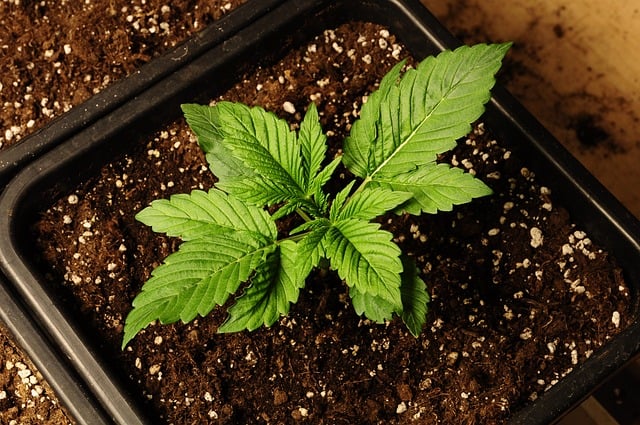
In recent years, the conversation surrounding cannabis and its derivatives has seen significant evolution, particularly with regard to tetrahydrocannabinolic acid (THCA). As of the latest updates, THCA is legal in Maryland under certain conditions. The Maryland Medical Cannabis Commission regulates the production, processing, and sale of THCA, which is found in raw cannabis flowers and has not been exposed to heat or light that would convert it into THC. Patients with a qualifying medical condition who have obtained a recommendation from a certified healthcare provider can legally purchase and possess THCA-rich flower for therapeutic use. The state’s legislative framework, outlined in the Maryland Medical Cannabis Commission Regulations, explicitly allows for the use of raw cannabis flowers that contain THCA, provided they are purchased from a licensed dispensary. This legal distinction is crucial for consumers and patients seeking the potential wellness benefits of THCA without the psychoactive effects associated with THC. It’s important to stay updated on local laws as regulations can change, affecting access and use. Maryland’s approach to THCA reflects a broader trend in the United States, where state-level policies continue to evolve regarding cannabis and its derivatives, each with varying degrees of legality and regulation.
THCA vs. Delta-9 THC: What Sets Them Apart?
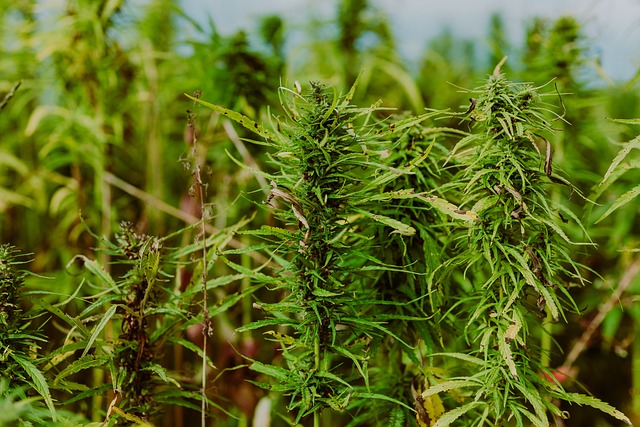
THCA, or Tetrahydrocannabinolic Acid, and Delta-9 Tetrahydrocannabinol (Delta-9 THC) are both prominent cannabinoids found in the cannabis plant, each with distinct properties and potential benefits. In states where cannabis is legal, including Maryland, where THCA is indeed legal, consumers often explore these compounds for their various effects. While Delta-9 THC is well-known for its psychoactive effects, leading to the ‘high’ associated with cannabis consumption, THCA presents a different profile.
THCA is the raw form of cannabis and is non-psychoactive. It must be decarboxylated—heated to a certain temperature—to transform into Delta-9 THC. This transformation is a key point of distinction between the two. Research suggests that THCA may offer anti-inflammatory, neuroprotective, and analgesic properties without the psychoactive effects typically associated with cannabis use. In Maryland, where the legal landscape around THCA is clear, consumers interested in the therapeutic potential of cannabinoids without the ‘high’ may opt for products rich in THCA. This preference underscores the importance of understanding the differences between these compounds when considering their use for wellness or health purposes.
How THCA Flower May Influence Wellness
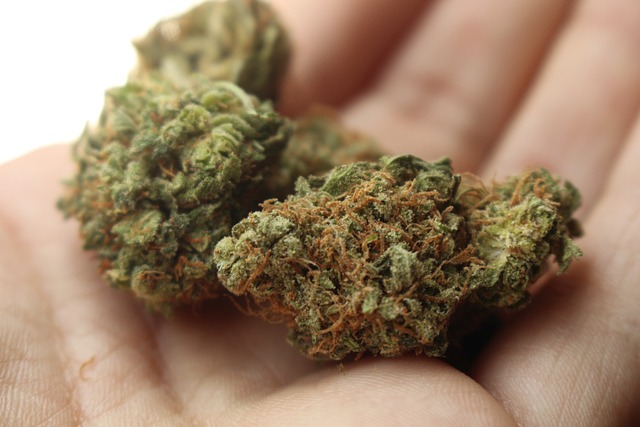
THCA, or tetrahydrocannabinolic acid, is a natural compound found in the cannabis plant that has garnered attention for its potential therapeutic properties. As of the knowledge cutoff in 2023, THCA is legal in Maryland for medical use, with certain restrictions. This non-psychoactive precursor to THC (tetrahydrocannabinol) is believed to offer a range of wellness benefits without the psychoactive effects associated with its counterpart. Preliminary research suggests that THCA may influence wellness by interacting with the body’s endocannabinoid system, which plays a role in regulating various physiological processes including pain, inflammation, and immune response. Proponents claim that THCA can provide relief from chronic pain, reduce inflammation, and offer neuroprotective effects, potentially beneficial for those suffering from conditions like multiple sclerosis or arthritis. Additionally, THCA’s potential antiemetic properties may make it a valuable treatment option for nausea and vomiting, often associated with chemotherapy. As such, the inclusion of THCA flower in wellness routines, within the legal parameters set forth by Maryland’s regulations, could be a promising avenue for individuals seeking alternative or complementary health strategies. Users interested in exploring the benefits of THCA should consult with healthcare professionals to ensure safe and effective use in conjunction with their wellness plan.
THCA, or tetrahydrocannabinolic acid, has garnered significant attention within the wellness community, particularly in Maryland where its legal status allows for exploration of its potential benefits. This article has delved into the multifaceted aspects of THCA flower, from its rising popularity to the nuances of its effects and legal standing within the state. As we’ve observed, THCA presents a unique alternative to Delta-9 THC, with its own set of wellness properties that users are increasingly seeking out. With the legal landscape of THCA in Maryland continuing to evolve, it is clear that this compound offers intriguing possibilities for those interested in natural wellness solutions. As research progresses, the understanding and utilization of THCA flower are likely to expand further, underscoring its potential within the realm of health and well-being.
